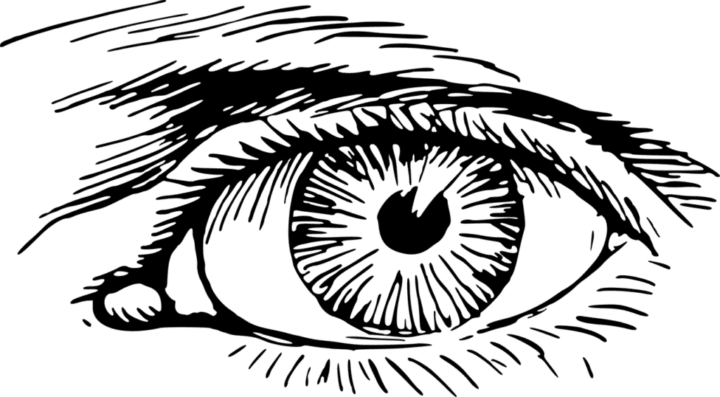Dr. Muna Naash received her PhD from Baylor College of Medicine, where she studied retinal cell and molecular biology. Throughout her career, Dr. Naash has become known for her work in genetic retinal diseases, as well as her advancement of gene therapy. According to an article from the University of Houston, the National Eye Institute granted $1.6M to Dr. Naash to expand gene therapy for patients with Usher syndrome type 2A (USH2A).
Gene therapy involves changing genes inside of your body to help stop or prevent disease. For example, gene therapy may include replacing mutated genes, fixing mutated genes, introducing healthy genes, or finding ways to improve or train the immune system to target foreign invaders. Learn more about gene therapy.
In this case, Dr. Naash hopes to advance an intravitreally administered gene therapy which delivers functional genes through nanosphere delivery. The goal of the therapy, and the advanced research, is twofold:
- Understanding the underlying functions and mechanisms of Usher syndrome type 2A, and how vision could be saved or preserved
- Learning about usherin (the protein that contributes to vision loss in Usher syndrome) and what role they play in disease manifestation
We look forward to seeing how Dr. Naash innovates within this sphere and what solutions she may develop for the Usher syndrome community.
What is Usher Syndrome?
Usher syndrome is a rare genetic disorder that is characterized by deafness and accompanied by retinitis pigmentosa (RP), a disorder that causes progressive vision loss. There are three subtypes of this disorder: types 1, 2, and 3. The first form (USH1A) typically manifests in bilateral deafness at birth, vision problems by age 10, and issues with balance. Next, type 2 is characterized by moderate-to-severe hearing loss at birth that may grow progressively worse over time. People with this form often experience night blindness in their late teens. Finally, type 3 is characterized by hearing loss, RP, and balance problems occurring between 20-40 years old.
Multiple gene mutations have been linked to Usher syndrome development: USH2A, USH3A, HARS, MYO7A, USH1C, CDH23, PCDH15, WHRN, ADGRV1, and SANS. These are inherited in an autosomal recessive pattern, meaning individuals must inherit two defective genes to have Usher syndrome.

-300x300.jpg)




